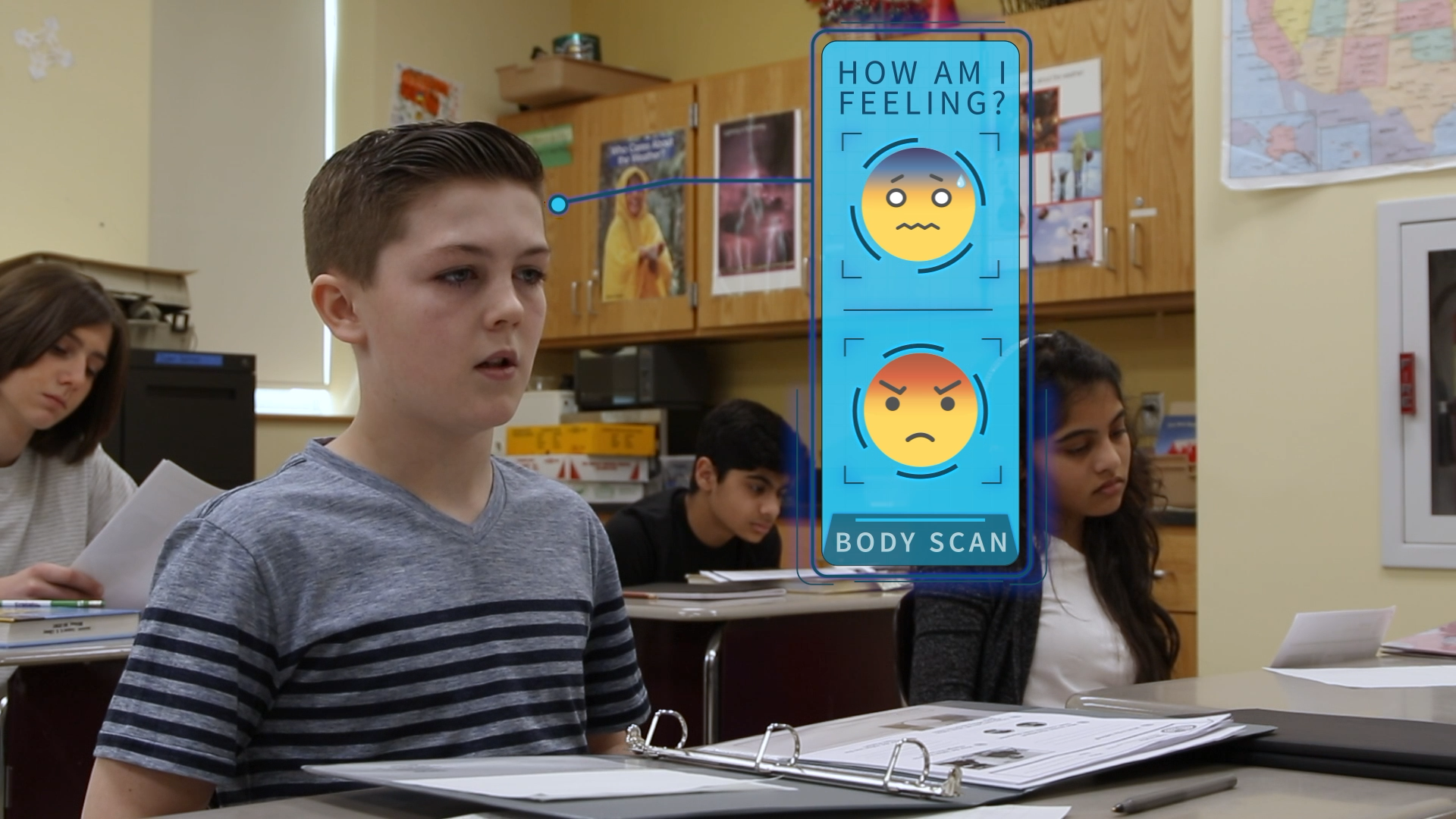
Introduction
Teaching self-control strategies to young students is essential for their social-emotional development. One effective tool for helping Kindergarten students maintain control of their thoughts and feelings is the Self-Controller Scanner. This concept encourages children to self-reflect on their emotions and pick strategies to regain control when needed. In this blog post, we will explore an easy-to-implement activity, discussion questions, and related skills to help educators teach the Self-Controller Scanner to their students.
No-Prep Activity
This activity, called “Freeze Dance Self-Controller,” requires no preparation or materials from the educator. The goal is to help students practice using their Self-Controller Scanner while engaging in a fun and interactive exercise.
- Ask the students to stand up and spread out in the classroom.
- Explain that you will play music, and they should dance while the music is playing.
- When the music stops, they should freeze in place and use their Self-Controller Scanner to reflect on their emotions and focus.
- Ask them to think about whether they need a break, if they are hungry or thirsty, and what physical actions will help them calm down.
- Resume the music and repeat the process several times, allowing students to practice using their Self-Controller Scanner.
Discussion Questions
- How did it feel to use your Self-Controller Scanner during the Freeze Dance activity?
- Can you think of a situation where you needed to use your Self-Controller Scanner to regain control of your emotions? How did you handle it?
- What are some strategies that help you calm down and regain control when you feel overwhelmed?
- How can you help a friend who is having trouble staying in control of their emotions?
- Why is it important to have more than one strategy to regain control of your thoughts and feelings?
Related Skills
Teaching the Self-Controller Scanner concept is just one aspect of helping Kindergarten students develop their social-emotional skills. Other related skills that educators can incorporate into their lessons include:
- Emotion recognition: Understanding and identifying emotions in oneself and others.
- Empathy: Developing the ability to understand and share the feelings of others.
- Problem-solving: Learning to address challenges and find solutions in a calm and constructive manner.
- Communication: Building effective verbal and nonverbal communication skills to express thoughts and feelings.
- Self-awareness: Increasing understanding of personal strengths, weaknesses, and emotions.
Next Steps
Teaching self-control strategies using the Self-Controller Scanner is an essential part of social-emotional learning for Kindergarten students. To help you further develop these skills in your students, sign up for free samples of the discussed skill and others at Everyday Speech. These materials will provide you with additional resources and support to create a positive and engaging learning environment for your students.

